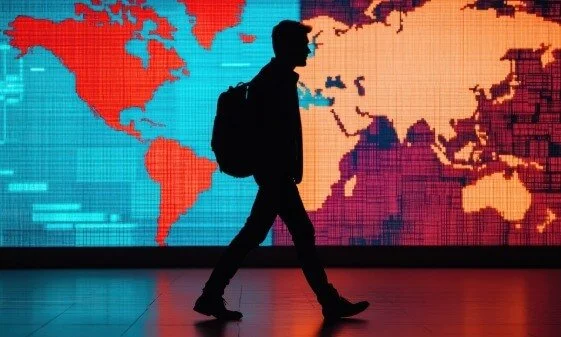
The Problem with Economic Yardsticks Governments Flaunt
Every now and then, a government announces that the country’s economy is doing well. You’ll hear that GDP has gone up. Or that the per capita income has improved. Or that some index shows we’re climbing the global rankings. It sounds impressive. It’s meant to. But what do these numbers really tell us about how people are living?

Vigilante Policing: War Veteran’s Family Harassed Over Citizenship in Pune
The family of a Kargil war veteran in Pune has alleged that around 80 members of a Hindu nationalist group stormed their house at midnight and demanded proof of their citizenship, accusing them of being illegal immigrants. Allowing such groups to operate in this manner risks normalising harassment and extra-legal intimidation, which undermines the security and dignity of all citizens, not just those being targeted at the moment.
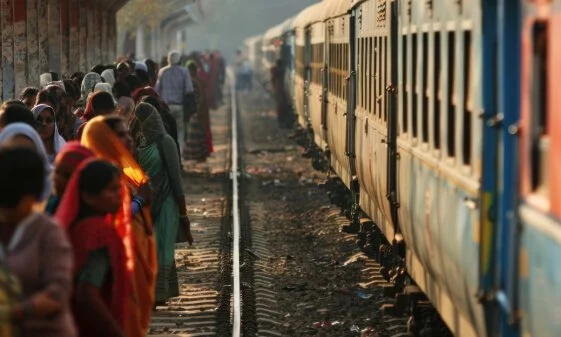
More Indians Choosing Non-AC Travel, Raising Doubts About Real Economic Growth
The government points to macroeconomic indicators, such as rising GDP, higher tax collections and increased infrastructure investment, as signs that the Indian economy is growing. But growth at the national level does not always translate into better living standards for most citizens. A recent report on Indian Railways provides a useful lens to examine whether this growth is widely shared.

Haryana Law Officer Appointments Reveal Pattern of Political Nepotism
An investigation by The Indian Express has revealed that many of those appointed as law officers by the Haryana government are relatives of politicians and bureaucrats, including Vikas Barala, son of a senior political leader and an accused in a sexual harassment case. This points to a pattern of political patronage and nepotism in appointments to public legal offices, despite judicial warnings against such practices and the need for merit-based selection.

2006 Mumbai Blast Acquittals Expose Political Abuse of Law Across Governments
Twelve men have been acquitted in the 2006 Mumbai train blasts case after spending nearly 19 years in prison, based on testimony later exposed as fabricated by a repeat witness used in multiple terror cases. From the perspective of citizens, two successive state governments and four political parties appear complicit in the betrayal of justice — first the Shiv Sena and the Bharatiya Janata Party (BJP) for enacting a draconian law, and then the Congress and the Nationalist Congress Party (NCP) for using that law to frame Muslim men.

Another Crime Against Woman, Missing from India’s ‘Development’ Story
Two brothers in Odisha’s Jagatsinghpur district raped a 15-year-old girl, and when she became pregnant, they tried to bury her alive – the latest of several cases of crimes against girls and women that have come to light in recent months from this state. It appears that, as in other parts of the country, these are men’s reactions to girls asserting control over their own bodies, revealing that India’s claimed growth story must include a different dimension of development.

‘Manipur Tapes’: Supreme Court Likely to Review Fresh Forensic Report on July 28
The Supreme Court is likely to review a new forensic report on audio recordings known as the “Manipur Tapes,” which are alleged to reveal former Chief Minister Biren Singh’s role in the ethnic violence that began in May 2023. The Court ordered a fresh analysis earlier this year and has tentatively listed the matter for July 28, after previously setting a deadline for the week commencing July 21.

Assam Evictions Demand Relief, Not Interstate Surveillance of the Displaced
The Assam government has launched extensive eviction drives across Dhubri and Goalpara districts, targeting those it labels as “encroachers” and “illegal migrants,” prompting alerts from neighbouring states concerned about possible cross-border movement. The development is being portrayed by the state as a routine law and order measure, but it raises serious questions about whether the evictions are legally justified, whether due process has been followed and whether the government is fulfilling its duty to prevent avoidable harm to people.
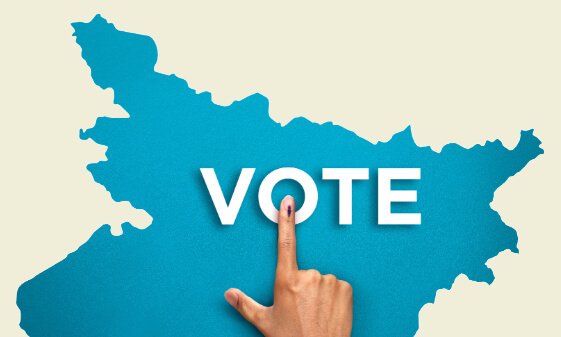
By Sticking to Legalities, Election Commission Risks Voter Exclusion in Bihar
The Election Commission of India (ECI), in its affidavit to the Supreme Court, has adopted a legally defensible posture in excluding Aadhaar and ration cards from the list of documents used to determine voter eligibility during the Special Intensive Revision (SIR) of electoral rolls in Bihar. While the legal scaffolding may hold, the process reflects a troubling departure from ethical electoral practice, especially from the perspective of ordinary citizens trying to assert their right to vote.
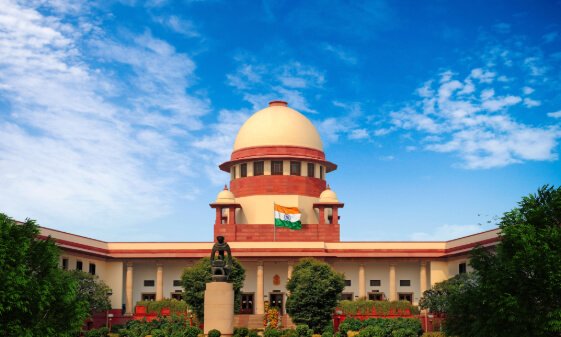
Supreme Court Asks Why ED Is Being Used for Political Battles
The Supreme Court rejected the Enforcement Directorate’s (ED) attempt to revive a corruption case involving Karnataka Chief Minister Siddaramaiah’s wife, B.M. Parvathi, in the Mysore Urban Development Authority (MUDA) scam, criticising the agency for its politically motivated action.
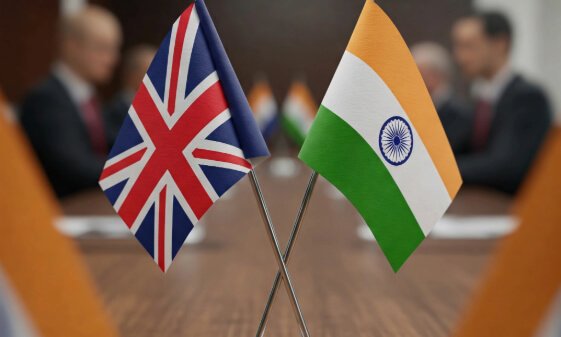
UK to Monitor Religious Freedom in India Under New Foreign Policy Focus
Britain has named India among 10 countries it will closely monitor for violations of religious freedom as part of a new foreign policy strategy. The move links the United Kingdom’s international relations more directly with the defence of freedom of religion or belief.
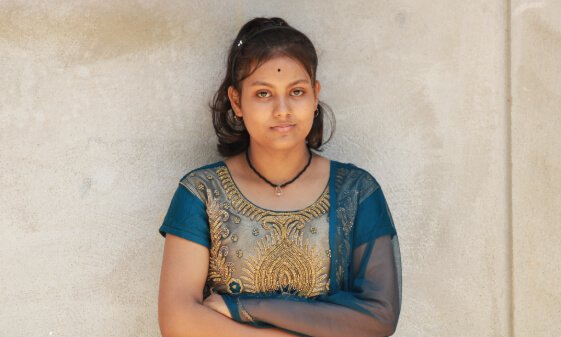
Teen Burnt in Odisha, Protest Follows But Offers No Plan for Women’s Safety
On July 19, opposition parties staged protests outside AIIMS Bhubaneswar after a 16-year-old girl, critically injured in a targeted attack in Puri, was admitted for treatment—barely a week after another girl set herself on fire in Bhubaneswar alleging police inaction in a sexual harassment case. While the issue of girls’ and women’s safety in Odisha is urgent and may warrant public protest, these demonstrations offered no proposals or solutions, exposing a political culture where outrage is used to attack the government rather than confront the crisis at hand.
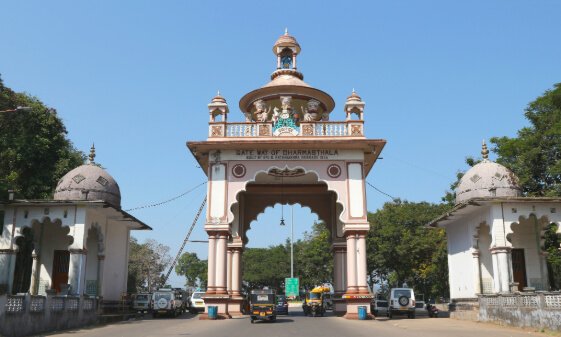
Mass Burials, Rape, Paedophilia at Karnataka’s Dharmasthala Temple: Whistle-Blower
A former sanitation worker has testified in court that for nearly two decades he was forced by men linked to the Dharmasthala temple administration to bury the bodies of women and girls killed after being sexually assaulted within the temple premises in Karnataka. His claims, allegedly backed by skeletal remains and burial site details, point to a long period of institutional silence and inaction on disappearances reported in the region over the last thirty years.
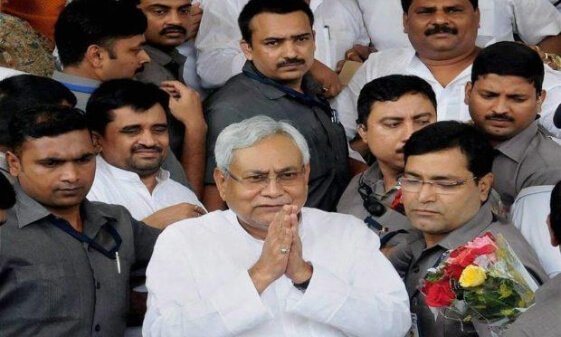
Does Nitish’s Free Power Promise Before Polls Amount to Voter Coercion?
The promise made by Bihar Chief Minister Nitish Kumar to provide free electricity up to 125 units per month ahead of the Assembly elections invites serious scrutiny under both constitutional law and the principles of fair electoral practice. It raises the question of where to draw the line between legitimate welfare policy and unlawful inducement or voter coercion.
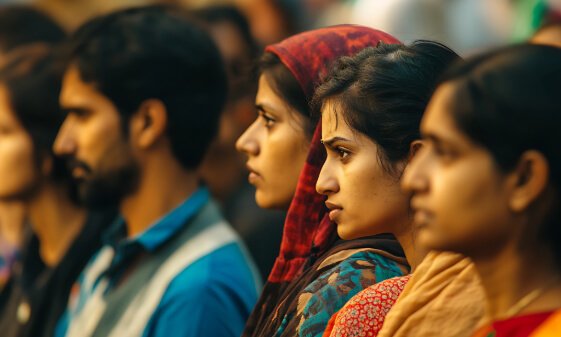
New Maharashtra Law May Allow State to Declare Any Group ‘Unlawful’
Maharashtra has passed a new law that grants sweeping powers to the state to outlaw organisations and criminalise various forms of dissent. While presented as a response to Left-wing extremism, the law signals a deeper shift in how the state defines threat, power, and democratic opposition.
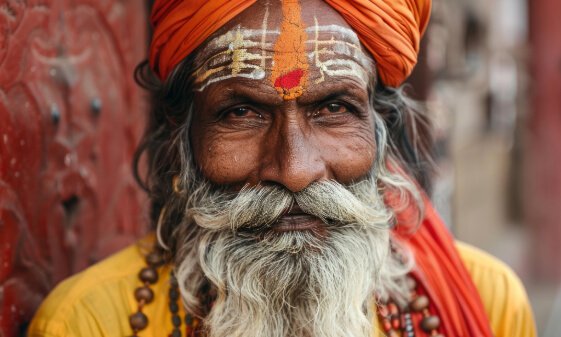
Uttarakhand Targets ‘Fake Sadhus,’ Risking State Overreach into Religious Identity
The Uttarakhand government has launched Operation Kalanemi, a state-wide police campaign to identify individuals posing as saints and Kanwariyas. The stated aim is to preserve the religious and cultural sanctity of the state. This raises a serious constitutional concern, because it suggests the government is stepping into the role of deciding who counts as a legitimate religious figure, a function it has no authority to perform in a secular democracy.
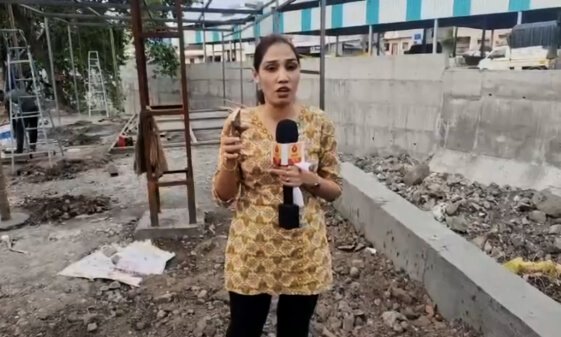
Woman Journalist Beaten on Camera, Power Appears to Shield the Accused
A journalist, Sneha Barve, was violently assaulted while reporting on suspected illegal construction along a riverbed in Pune district. The main accused, local businessman, struck her repeatedly with a wooden rod while she was filming a video report. That such an act was carried out in broad daylight, against a woman journalist, while the camera was rolling, shows how deeply the culture of impunity has taken root among individuals who operate close to political power.
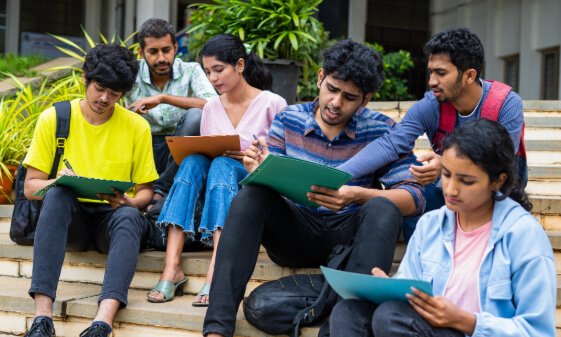
Student’s Self-Immolation Shows Officials Act Only Under Pressure, Not Duty
Soumyashree Bisi, a college student in Balasore, Odisha, is fighting for her life after setting herself on fire. She had spent months seeking a fair inquiry into her sexual harassment complaint against a professor. Like many such cases in India, hers drew official attention only after her extreme act. Authorities – from college staff to police and politicians – acted only once pressure mounted, not when the complaint was first raised.

Tennis Player Killed: Case Points to Patriarchy, Honour and Shame Norms
A national-level tennis player and coach, Radhika Yadav, was reportedly shot dead in her Gurugram residence on 10 July. Her father, Deepak Yadav, has been arrested in connection with the incident and remains in judicial custody. Media reports indicate that the case is linked to three entrenched social values that continue to deprive girls and women in India of dignity and agency: the persistence of patriarchal authority, the prioritisation of family reputation over the welfare of daughters, and the cultural construction of the female body as a source of shame.

Air India Crash Report Out: What’s Clear and What Still Isn’t
India’s Aircraft Accident Investigation Bureau has released its preliminary report on the Air India flight that crashed shortly after takeoff from Ahmedabad on 12 June 2025, killing 241 people on board – leaving a lone survivor – and 19 more on the ground. The most shocking revelation is that both engines shut down within seconds of liftoff because the fuel control switches had moved to the off position. But what caused the switches to move remains unexplained.
